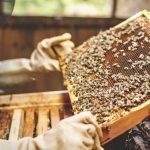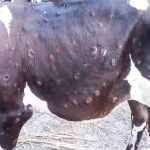
American foulbrood vaccine gets green light for Canadian beekeepers
Producers will be able to get the vaccine in spring 2024

Australia buys vaccines for lumpy skin disease to safeguard cattle exports
Recent scares halted some live export trade

Automatic syringes a better solution
Retire those old guns that have done their duty, and get better results

Vietnam approves commercial use of first African swine fever vaccines
U.S. Agriculture Secretary says farmers may purchase as precaution despite no domestic cases

There are many ways of dealing with a product shortage
Vaccine shortages happen, but there are usually alternatives for dealing with the situation

The cattle sector benefits enormously from a wide array of vaccines
There is a large number of vaccines for cattle — here’s a primer on key ones and their use

The pandemic taught us many lessons in the animal health field
The supply chain stayed strong and co-operation made it stronger, and that’s very important

Beef 911: Our thinking about vaccinations is evolving for the better

In the fast-evolving field of vaccines, Prairie lab is at the cutting edge
VIDO is known for its work in animal health, but it’s developing a COVID-19 vaccine and a production facility

The interconnections between species are deep and interwoven
COVID-19 has put bats into the spotlight, and research shows how deeply everything is connected

